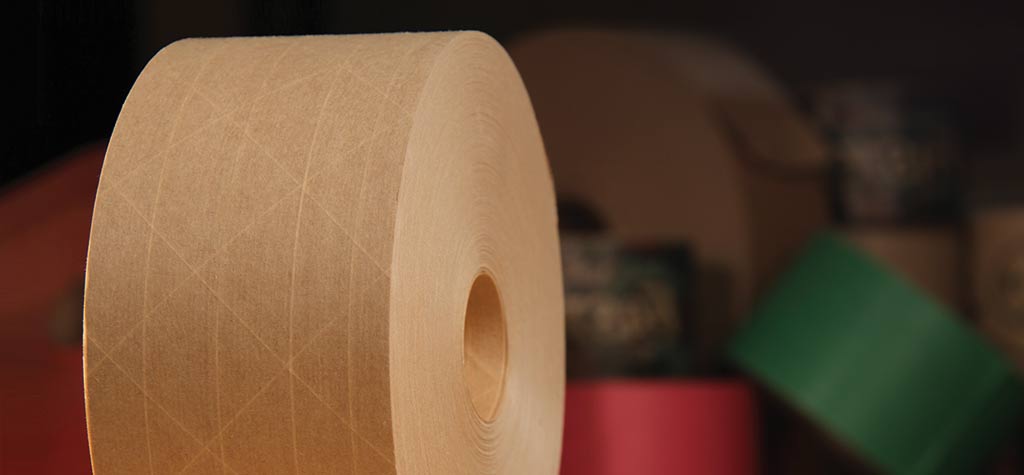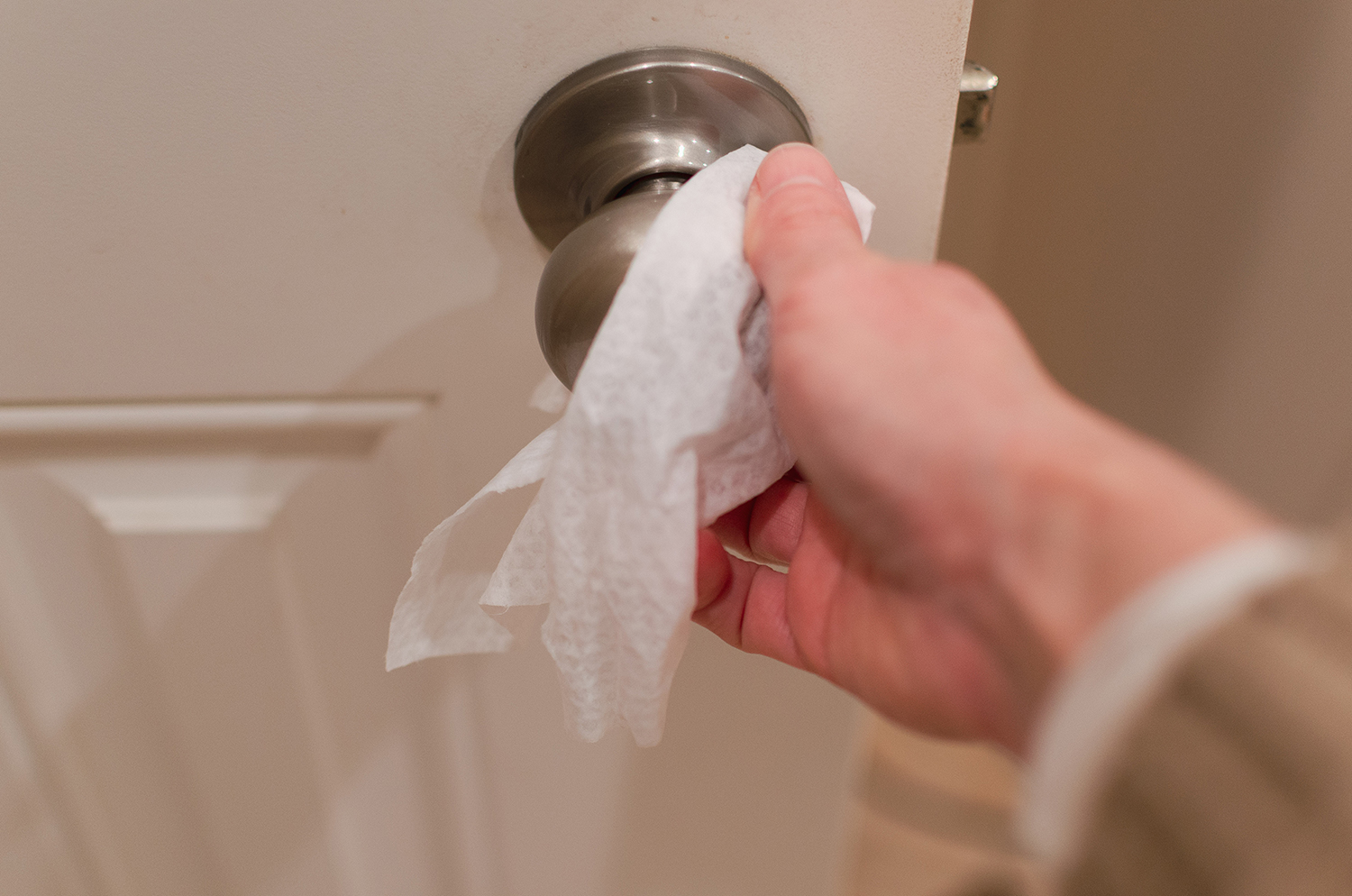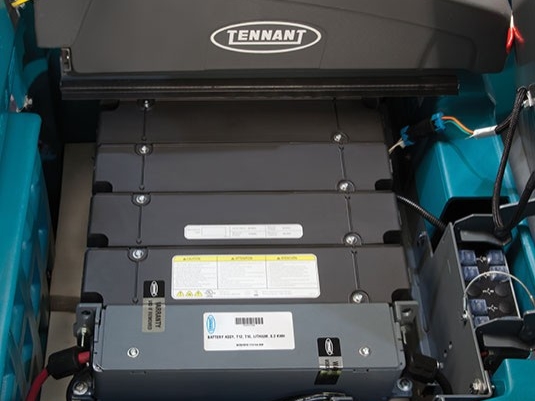Packaging tape can be a large expense for companies. There are a number of things to evaluate when choosing the right packaging tape, and there can be costly consequences if the wrong tape is used. Is your company using the right packaging tape?
Types of Packaging Tape
Packaging tape comes in two primary types; plastic pressure-sensitive tape (PST) and water-activated tape (WAT).
PST is often called packaging tape, poly tape or plastic tape. There is a pressure sensitive adhesive on the back of the clear, petroleum-based tape. When the tape is put into place and pressure is applied, the product will adhere. How well it adheres is based on several factors;
- How clean is the surface?
- What environmental conditions are encountered in the packaging and shipping process?
- How much pressure is applied?
Recycled cartons are prevalent in today’s market. Whatever tape being used needs to work on recycled cartons and this can present a challenge. These cartons have shorter fibers because they have gone through the production process multiple times. The shorter fibers require more binders and adhesive to keep the fibers together. These shorter fibers and adhesive binders increase packaging failures, putting your product (and profits) at risk.
Another type of tape, WAT, is also called Kraft tape, paper tape, reinforced gummed tape (when fiberglass is embedded) or gummed tape. It has a starch-based adhesive and is made of natural or white paper. Water is applied to the back of the tape, most often using a water-activated tape dispenser, before it is applied and this activates the tape.
A blotting occurs between the adhesive and the carton surface when the tape is placed on. This welds the tape to the surface of the box by penetrating the fibers and creating a permanent bond to the box. On both 100% recycled box and new boxes, this happens with minimal pressure, making this the most secure way to ensure your product makes it to its destination. This can protect your products (and profits) and make for a better customer experience.
Evaluating Your Packaging Tape
Here are some questions to ask about the tape you are using today:
- Does your tape hold up to even the heaviest shipments? The failure of any seal on a carton can be costly, the failure of a bottom seal can be monumental.
- Does your tape create a strong seal? Your tape protects the content of your package from damage or from theft.
- Is your packaging process safe? Doing the same motion over and over can result in loss of productivity and potential medical claims. The process your team is using for shipping is critical. Electric WAT dispensers that aren’t UL listed can also be a risk.
- Is your packaging process costing you time? The length of time it takes to prepare a product for shipping is important. Struggling to get a proper seal can cost precious time that can add up quickly.
- Are you maximizing your ROI by using the right kind of tape? Using more of a less effective tape can make your “cost per shipped package” higher than it needs to be.
- Are you using your tape to increase your brand awareness? Adding a logo, tagline, or other company information to your tape can help to increase your customers’ awareness of your offerings and company.
Answering these questions will help you determine if you need to consider another type of tape for your application. WAT meets all of the above criteria, making it a good choice for most companies.
Interested in trying a roll of water-activated tape for free? Complete the form below.
Tape Sample Request
Fill out the form below to talk to one of our experts or to get a free roll of water-activated tape.





